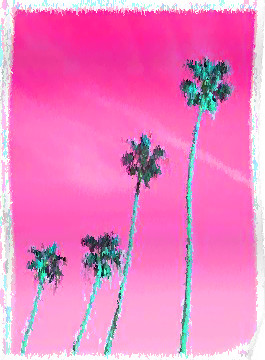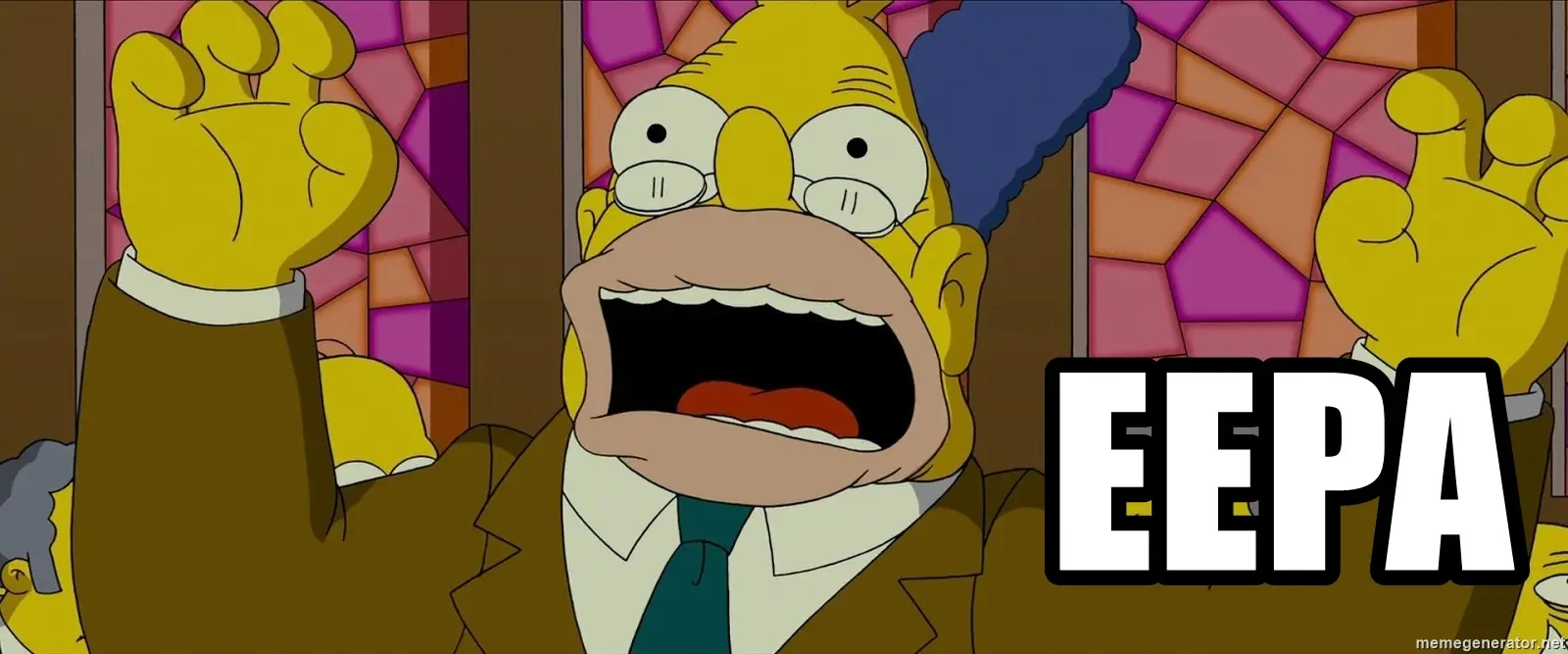How did they form? What are their specific traits? Stereotypes (even untrue, if marked as such)?
If cultural differences coincide with geography, please mention in, too.
In the questions about weird things people from different continents do somebody pointed out, that Europeans have little knowledge of this, so please fix my ignorance.
- East coast: old money, lots of drinking, cold weather, violence, power, liberalism, deciduous forests
- Southeast: southern hospitality, shithole school systems, conservativism, sweet tea, food influenced by french cuisine, nascar, lush vegetation
- Southwest: cowboys, ranch homes, cultural mixing with Mexico, drugs, art, desert and mountains
- West coast (basically california): hollywood, progressivism, new money, asian-pacific food influences, hippies, poop, surfing
- Northwest: best weed, created grunge genre, rainy, dismal, chill, northern european food influences, rainforests
- North-middle: liminal space, copy-pasted terrain, independent/libertarian, wheat, sparsely populated
- Midest: mix of conservative and liberal, plains farmland, cozy houses, desperate to define itself culturally (see Chicago architectural publications), corn, soybeans, and pigs, neutral accent, german and polish food influence
source: memory
Southeast: southern hospitality
Should be “southern hospitality” in quotation marks. Rudest bunch you’ll ever meet unless you are exactly like them.
Nah we’re never rude, they’re all compliments.
Well bless your heart, I would never have the courage to wear something like that in public like you do.
I’ve found DC to be the rudest bunch of people I’ve ever met. Everywhere I’ve gone in DC the people are just totally rude assholes. Everywhere I’ve been in the south has just been nice, polite, helpful people.
I found it to be exactly the opposite. Everyone in DC is doing interesting things. There is a lot of passion and hard work as well. They mostly shy away from direct politics in a town that is incredibly political by its very nature. I’ve been helped on the street more by average people than I ever was around Atlanta, New Orleans, or the spaces between.
Doing fentanyl on the metro is pretty interesting I’ll give you that
DC might be part of the South, depending on who you ask
Southern Hospitality, as long as you don’t get to know them, and you’re not black
The South(east) as a whole should not be lumped in with the Cajuns.
Louisiana and especially New Orleans are really their own thing. They just caucus with the South.
I was thinking specifically of an apple cobbler recipe I once did that had me dotting the whole pan with butter after the end, which I thought was a French technique. Turns out cobbler’s got English origins not French.
Ah, okay. Yeah, IIRC Scotland also contributed a lot of the really grease-heavy dishes to the no-spice parts of the South.
West coast (basically california): hollywood, progressivism, new money, asian-pacific food influences, hippies, poop, surfing
One of these is not like the others.
Yeah, most of the real hippies moved towards the rockies a few decades ago
This is pretty accurate.
As an American I pretty much agree this is decently accurate
I recommend https://colinwoodard.com/books/american-nations/ It’s a well written source on this subject. Woodard details eleven groups each with a shared cultural background, with names like New Netherland, Tidewater, El Norte, and the Left Coast. The Wikipedia page for the book has a broad outline of the ideas if you want an overview; but, the book is well worth a read if this is an area of interest for you.
His video on it should be required viewing for everyone. https://youtu.be/N9XMTdRwWVg?si=pBP3D3lAgUmeN1ln
Here is an alternative Piped link(s):
https://youtu.be/N9XMTdRwWVg?si=pBP3D3lAgUmeN1ln
Piped is a privacy-respecting open-source alternative frontend to YouTube.
I’m open-source, check me out at GitHub.
I will check that.
I’m going to check this out, thanks for the recommendation

I couldn’t resist… But Wikipedia should have tons of info on exactly this.
You know, you’re never going to change that map if you tell everyone living in one of those red states that their home is part of “dumbfuckistan.”
If they stop making dumb fuck choices, they can rejoin the rest of the USA. See Georgia
I currently live here. I’m losing hope.
I agree to an extent, but also as an Oklahoman it’s getting harder and harder to argue with this label :/
I used to live in Dumbfuckistan and I can’t really find fault with this.
Sorry
About 40% of Wisconsin is trying its damnedest to join Dumbfuckistan. Glad we have that blanket of reason surrounding us and giving us hope.
About 40% of all of those blue states are doing the same. It’s only more evident in Wisconsin because of our gerrymandering and re-electing Russian Ron.
I thought it was just a giant retirement home for old white people
edit: nvm thinking of Iowa lol
I’m not from USA so I won’t answer your question directly (other posters are better for that). Instead I’ll point out a few things, based on knowledge of Linguistics plus other stuff:
- Cultural differences are somewhat objective, but how you split the cultures is subjective. As such don’t be surprised if different maps show different divisions.
- Language usually play a huge role, and isoglosses are often used to demarcate cultures. However, people shouldn’t confuse dialect+language with culture, as it’s perfectly possible to lump together two populations of different dialects as the same culture, or to split a single dialect into multiple cultures. Also, dialects themselves tend to be subjective, like the above.
- Geography does play a role too, but it boils down to interaction between settlements and identity. For example you’re more likely to contact the guy in the other city (thus share the same culture) if there’s just plains between your cities, instead of a big fucking mountain.
- A good place to look at the cultural divisions is the original settlements. Based on that I think that it’ll be easier to demarcate cultures in Eastern USA than in the West.
- More often than not cultures don’t give a fuck about government borders. So don’t be surprised if some cultures grab “chunks” of USA plus either Mexico or Canada.
The cultural regions are New England, the Mid-Atlantic, the South, the Midwest, the Mountain West and the Pacific.
Politically the South and Midwest are conservative. New England, Pacific, and Mountain regions are liberal. The Mid-Atlantic is a mix.
Cultural differences are largely based on popular religions or lack of religion.
That’s about it, Americans are pretty much all the same no matter what state or region you are from.
Found the East Coast guy lol
I would never think to break out Mid-Atlantic into its own thing, and I would never think to combine California and the Pacific Northwest.
Just shows how regional bias plays into what you think of as “cultural regions”.
I’m in the west.
There is a good general summary here.
https://www.washingtonpost.com/blogs/govbeat/wp/2013/11/08/which-of-the-11-american-nations-do-you-live-in/You’re not going to get quality answers here but it might get you started. You will get broad strokes that obscure a lot of difference. If you want to go deeper there are many directions to go in. For example you will want to think about whose perspective you’re looking at cultural regions from, because the subsection of the American population you’re talking about matters due to segregation, different migration patterns, etc. If you are talking very mainstream dominant culture then I would personally look up US historical trends of waves of colonialism spreading West and events like the Trail of Tears, Louisiana Purchase, Spanish-American War, amongst others that were really big in the establishment of cultural differences. A good chunk of the different cultural regions correspond to bioregions and the culture of the people who were genocided so settlers could take their land. The grease trail is a good marker for cascadia as a cultural region IMO. But the white supremacist settler idea of the “american redoubt” roughly tracks the same region. Cultural regions in the USA are subject to cultural imaginings, it’s a lot less regulated than in Europe with your DOCs.
The density of different cultural regions varies by region with population density and degree of diverse migration. For example, the diner culture of New Jersey is something unique in itself, or so I hear. You get wacky foods like skyline chili or the pizza of Altoona, PA or architecural flourishes like the free-standing basement toilets of Pittsburgh. Random ass cities will have their own long standing cultural thing in the states “back east” where the majority of settler Americans live. Whereas the state of Oregon is the size of the UK & contains maybe three cultural regions if you include the state of Jefferson which is kind of just neoconfederate crankery.
But basically I think the whole question you’re asking can’t be summed up quickly and understanding it requires understanding a lot of history, geography, and politics to get why this country is as fucked and fabulous as it is. Like I could rattle off a TLDR of stereotypes of regions like the rainy PNW, polluted and expensive California, the snowy Rockies, the sunny Southwest, the corn covered flat Plains, the behemoth Texas. The “midwest” is somewhere between the plains and the Great Lakes Region, which bleeds into mid-atlantic to the east and new England to the NE & the South to the SE. On the eastern seaboard you got new England, mid atlantic/DelMarVa, then the South then Florida which is its own beast but also contains multiple regions. But even this is oversimplifying leaving out regions like the Big Thicket between Texas and Arkansas and Appalachia, which stretches between multiple regions as defined by states but is definitely its own cultural region, as is Acadia.
TL;DR: tough question, maybe not the right one, depends on who you ask.
Just fyi as a Californian, we haven’t been polluted for over 20 years. Well, I’m in Norcal which was never polluted, but The Socal worked very hard to remove a ton of pollution so I’m trying to do my part to remove that old stigma.
Edit: couldn’t resist “the”, sorry Socal love you fuckers
I am just going to say that I am well acquainted with both conditions of SoCal but I think it’s still a stereotype
Recent political shifts have substantially pitted “heartland” (Central states) against “coastal elites”; “heartland” is depicted as rural/traditionalist/uneducated whereas the coasts are rich and intellectual (with negative connotations for both)
Anti-intellectualism is a plague. Plus we’re not all elites over here!
It seemed every time we drove 100km, the yanks had a different name for cider (the alcoholic fermented drink, not fruit juice, although probably that too, seeing as “cider” sometimes meant nonfermented fresh fruit juice), a different name for fizzy drink and a different name for sausage… and so on. The boundaries were definitely not along state borders. Etymology maps of the US must look peculiar.









